You know you’re selling a great product. The price cannot be beat. It can go head to head with all the comparable products out there. You are excited about discussing the benefits with potential customers. There are so many good reasons for people to want your product. The key is to get them in a receptive mindset before their knee jerk no thanks impulse kicks in.
Look at things from the customer’s perspective
To start with you must realize every person you speak to is bombarded by choices and requests for their attention all day log. So instead of immediately asking them to listen to another information dump, be the one who listens. Create a non-invasive, comfortable environment where they’re the ones talking and you’re the one listening. It only takes a few friendly questions to determine: Who they are, the sorts of products they’re interested in, and why they buy them.
Make it part of the conversation
It’s impossible to guess what’s going on inside someone’s head so if you’re not sure, go ahead and ask. Find out if they currently use a product similar to the one you’re offering, if they’ve ever thought about it. People are generally pretty happy to get into a discussion if they feel listened to, especially if you make the discussion friendly and inviting.
Create a snapshot of the individual you are speaking to
In the article Know Your Customers’ Needs from Info Entrepreneurs they explain how you should be striving to find out ten things about your customers.
- Who they are – Married, single
- What do they do – Occupation, interests
- Why do they buy – Convenience? Utility? Prestige?
- When do they buy – During a sale? When it’s new to the market?
- How do they generally buy – Online? Face to face?
- How much are they willing/can they afford to spend
- What makes them feel good about buying – Makes them look/feel good. Size of the environmental footprint. Cost effective.
- What do they expect of you – Is there a guarantee of some sort?
- What do they think of you – We’ve all heard over and over it’s less about the product and more about the person selling it. If people like you they will be willing to listen to you and are more likely to buy
- What do they think of your competitors – By finding out what they think of the competition you’ll know how to frame your arguments
Obviously you don’t want to spend an inordinate amount of time asking a series of questions. You can often figure out what you want to know based on the few questions you do ask.
Individualize your approach
Once you’ve created that snapshot of the individual in front of you, you can tailor what you’re going to say to what’s most likely to strike a chord with them.
From the specifics to the generalities
Now that you’ve spoken to the specifics of what makes the person in front of you tick, you can finish off with the things that matter to just about everyone. According to the article What Do Customers Really Want from I.J. Golding the top five most important things to customers are:
- Value for money
- Customer service
- Reliability
- Quality
- Ease of doing business
Great salespeople focus less on selling and more on communicating. That’s why they take the time to get to know what they can about each person they talk to. As the great Henry Ford said, “If there is any great secret of success in life, it lies in the ability to put yourself in the other person’s place and to see things from his point of view – as well as your own.





